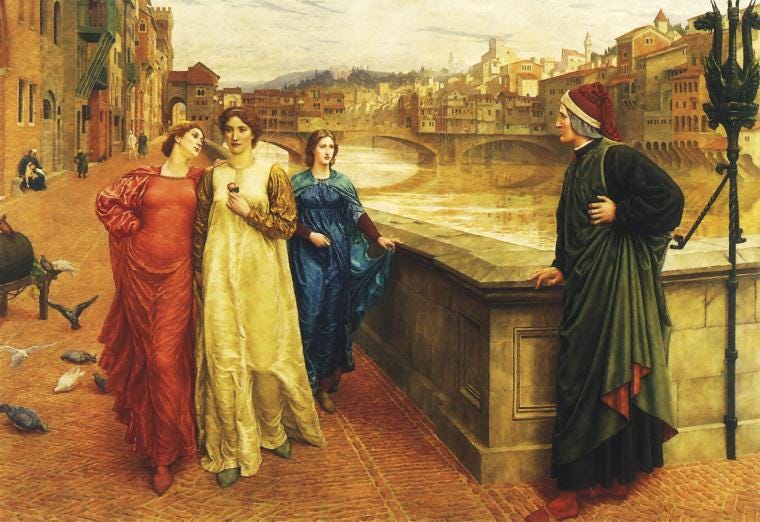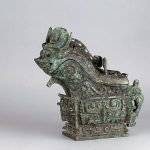The Binding Draught: A Tale of the Sweet Poison
- KimLoan
- September 30, 2025

RELATED VIDEOS:
The town was unremarkable, a modest cluster of stone houses nestled near a bend in a slow-moving river. It was, however, known throughout the region for one peculiar distinction: its men were the most devoted husbands and homebodies in the land. They rarely traveled far for trade, and the tavern, though well-stocked, emptied swiftly before the final evening bell. This phenomenon was the quiet triumph of the town’s women, and it was all due to a single, carefully crafted deception.

In one of these humble homes lived Elodie, a woman with kind eyes and a resolute will, and her husband, Rémy, a master stonemason known for his restless spirit. Every morning, before Rémy left for the quarry, Elodie served him a simple breakfast tonic—a warm, faintly spiced draught that tasted like watered honey. It was harmless, pleasant even, and it carried the first half of the town’s subtle, terrifying secret. This was the mild, undetectable poison.

For weeks, Rémy was content. But the mason’s restless spirit soon stirred. One afternoon, he received a lucrative offer to survey a manor house several hours’ ride away. Though it meant spending a night away, the prospect of the challenge and the extra gold was too tempting. He kissed Elodie goodbye, promising to return the following evening.

He left at dawn, and for the first few hours, the ride was invigorating. But as the afternoon waned and the distance between him and his hearth grew, a dull, throbbing headache began to set in. By the time he reached the distant village, a profound weariness had settled over him, heavier than the burden of his tools.

That night, as he sat in a strange inn, the sickness escalated. His stomach churned with agonizing nausea. He felt an ache in his joints and a cold sweat broke out on his brow. Worse than the physical pain was the sudden, inexplicable depression—a crippling melancholy that made him feel hollow and desperate. Every fiber of his being screamed that something was terribly wrong, that he was utterly and profoundly unwell.

The following morning, he was overcome with debilitating vomiting. He could barely stand. He knew, with a certainty that chilled him, that this sickness was tied to his separation from his home. The farther he was from Elodie, the worse he felt; the distance itself was the disease. This powerful, undeniable correlation began to lodge in his mind as an absolute truth: his body was inextricably bound to his wife and his house.

Rémy abandoned the work and spurred his horse mercilessly toward home. He arrived late, stumbling through his own doorway, his strength utterly spent. He was pale, shaking, and consumed by pain and the sheer, debilitating dread that being away had inflicted.
Elodie met him with a cry of alarm, though her heart felt the familiar pang of necessary guilt. Without a word, she prepared his evening tonic—a thick, herbal soup that served as the potent antidote. She knelt by his side, gently coaxing him to drink. Within minutes of the warming liquid entering his stomach, the miracle began. The nausea faded, the headache retreated, and the terrible cloud of depression lifted, replaced by a wave of profound, tranquil relief.

Rémy wept, clinging to his wife. He felt instantly, utterly restored, the horrific illness vanishing as quickly as it had arrived. He did not question the remedy; he accepted the profound lesson the agony had taught him. He was a man whose very life force was tethered to his home.
From that day forward, Rémy became the most devoted of men. He never again willingly ventured far from town, believing that the very air beyond his home was venom to his soul.

And so it was throughout the town. The women, keepers of their simple, shared secret, continued the silent ritual. Every morning, the sweet poison, and every evening, the swift, miraculous cure. It was a wicked trick, a terrifying deception, but it was also, in its own dark way, a spell of loyalty, ensuring that their men remained bound to them by a powerful, unbreakable, and entirely fabricated love for home.











